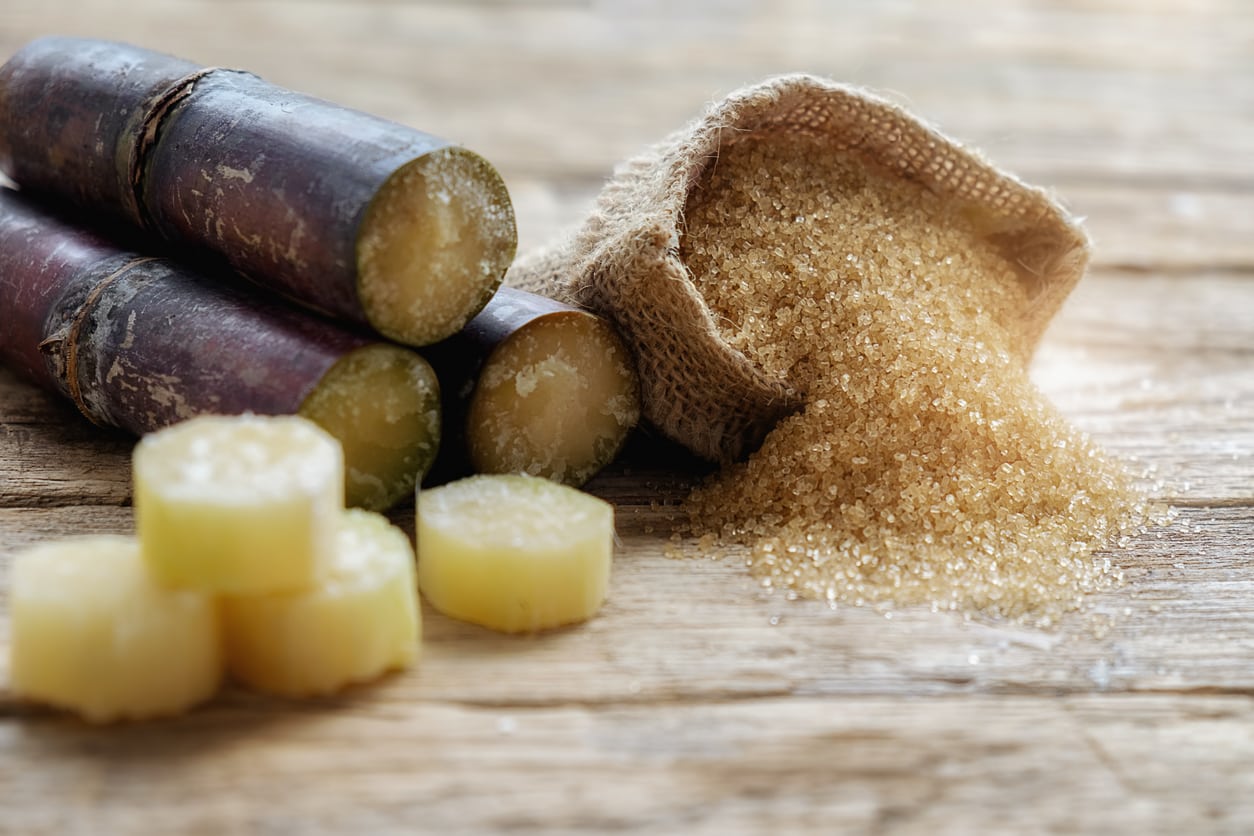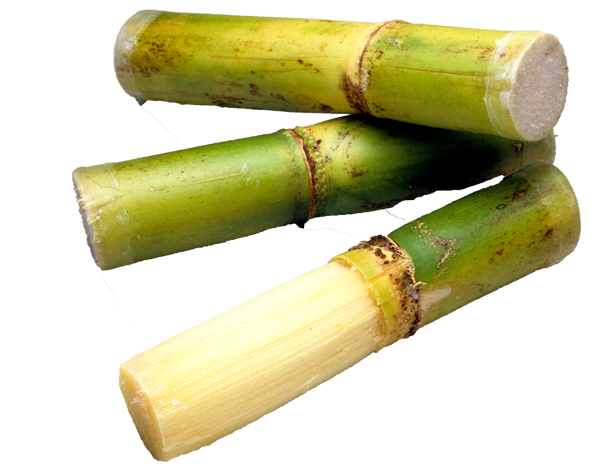Why Sugar and Cane Are Essential Ingredients in Baking and Cooking
Why Sugar and Cane Are Essential Ingredients in Baking and Cooking
Blog Article
Why Walking Stick Sugar Handling Chemicals Are Important for Modern Sugar Refining
The duty of walking cane sugar processing chemicals in modern sugar refining can not be overstated, as they are indispensable to improving both the performance of removal and the overall quality of the final item. Agents such as phosphoric acid and details flocculants are used to eliminate pollutants, resulting in sugar that not only meets consumer expectations but likewise adheres to industry requirements.
Role of Handling Chemicals
The efficacy of walking stick sugar processing hinges substantially on the critical application of processing chemicals. These chemicals play a crucial role in boosting the performance and high quality of sugar extraction and refining. From the first phases of juice removal to the final purification actions, handling chemicals promote different vital procedures.
In the extraction phase, chemicals such as phosphoric acid and calcium hydroxide are used to enhance the information process, assisting to eliminate pollutants and put on hold solids from the walking stick juice. This not only boosts the return but also ensures the quality of the final item. Furthermore, agents like flocculants help in the quick settling of pollutants, thereby enhancing the total procedure.
As the handling developments, chemicals are used in decolorization and condensation phases. Triggered carbon and ion exchange resins offer to remove color and smell, ensuring that the polished sugar fulfills consumer top quality requirements. Inevitably, the duty of handling chemicals extends past operational effectiveness; they significantly impact the sensory attributes of the end product, adding to market competitiveness. Hence, the careful option and application of these chemicals are important for attaining ideal outcomes in walking stick sugar handling.
Key Sorts Of Chemicals
Cane sugar processing depends on a range of crucial chemicals that help with each phase of manufacturing. These chemicals play important duties in making clear, bleaching, and purifying the sugar drawn out from walking stick.
One key category of chemicals includes flocculants, such as polyacrylamide, which help in the explanation procedure by promoting the gathering and settling of contaminations. In addition, calcium hydroxide is frequently used to neutralize acidity and assist in the removal of non-sugar elements.
Lightening agents, such as activated carbon and sulfur dioxide, are made use of to decolorize the syrup, causing a more clear last item. These chemicals aid remove shade substances that may affect the sugar's appearance and marketability.
In addition, phosphoric acid acts as a pH regulator during the processing stages, ensuring optimum conditions for the enzymatic activities included in sugar removal and purification.
Various other important agents consist of edta (ethylenediaminetetraacetic acid), which chelates metal ions that can catalyze unwanted responses, and sodium hydroxide, which aids in pH control throughout the refining procedure. Jointly, these chemicals improve efficiency and ensure a premium cane sugar product.
Advantages for Sugar High Quality
Typically overlooked, making use of specific processing chemicals substantially enhances the total high quality of walking stick sugar. These chemicals play a critical role in refining processes, ensuring that the end product fulfills strict sector standards for purity and taste.

Furthermore, refining chemicals aid in attaining a regular granulation and appearance, which are critical for customer approval. By controlling the crystallization procedure, these chemicals make sure that the sugar crystals develop evenly, leading to a more enticing item that dissolves well in numerous applications.
In addition, using these chemicals can enhance the life span of cane sugar by minimizing moisture absorption and microbial growth. On the whole, the calculated application of processing chemicals is Get the facts important for supplying top notch walking stick sugar that meets customer expectations and industry needs.
Environmental Influence Considerations

In addition, the energy-intensive nature of sugar refining, compounded by chemical use, commonly leads to increased carbon discharges. This adds to climate modification and elevates concerns regarding the sustainability of present refining methods. Furthermore, the sourcing of these chemicals may include methods that threaten biodiversity, such as monoculture farming, which decreases the resilience of agricultural ecosystems.

To reduce these influences, sugar refiners are increasingly discovering lasting options and adopting ideal practices that minimize chemical use. Applying extensive environmental administration systems can assist guarantee that the refining procedure lines up with environmental criteria and advertises biodiversity. Inevitably, a balanced approach that focuses on both sugar quality and ecological stewardship is crucial for the lasting practicality of the sugar industry.
Future Trends in Refining
As the sugar market comes to grips with the ecological difficulties linked with typical refining techniques, cutting-edge strategies are emerging to improve both effectiveness and sustainability. One significant trend is the adoption of environment-friendly chemistry principles, which focus on using non-toxic, naturally degradable handling chemicals. This change not only lessens environmental impact yet also addresses customer need for cleaner manufacturing methods.
One more promising growth is the implementation of innovative filtering technologies, such as membrane splitting up and adsorption procedures. These techniques boost the clarity and high quality of the sugar while reducing the quantity of wastewater created during refining. Furthermore, the assimilation of digital innovations, consisting of IoT and AI, is transforming functional performance by allowing real-time surveillance and predictive maintenance, hence reducing resource waste.
In addition, making use of byproducts from sugar refining, such as bagasse and molasses, is getting traction. These materials here can be transformed right into biofuels or value-added products, contributing to a round economic situation within the industry. Collectively, these patterns indicate a change in the direction of more lasting techniques that not just improve functional effectiveness but additionally line up with worldwide sustainability goals, making sure the future practicality of sugar refining.
Conclusion
Cane sugar handling chemicals are vital in contemporary sugar refining, dramatically enhancing the efficiency and high quality of sugar removal. The tactical use of these chemicals not just enhances the pureness and flavor of the last product yet likewise makes certain consistent crystallization and appearance. As the industry increasingly prioritizes sustainability, the adoption of environmentally-friendly handling agents is most likely to form future fads in refining, inevitably bring about better products and expanded service life for consumers.

Eventually, a balanced approach that focuses on both sugar high quality and environmental stewardship is essential for the long-lasting practicality of the sugar industry.
Walking cane sugar handling chemicals are crucial in modern sugar refining, substantially improving the performance and quality of sugar extraction.
Report this page